Alfred Hitchcock
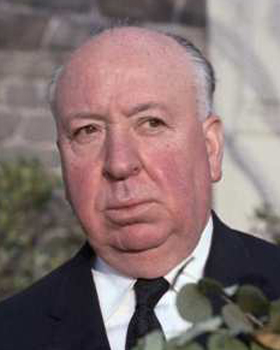
Stars
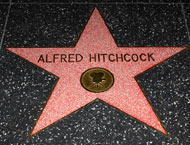
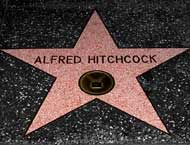
From the very beginning of his silent career through classics such as "Rear Window" (1954) and "Psycho" (1960), Alfred Hitchcock gave viewers a unique experience in film: frightening, thrilling, melodramatic and comic, sometimes all at the same time.
Born in 1899, Hitchcock got his start in the movies in 1919 by illustrating title cards for Paramount's Famous Players-Lasky Studios in London. By 1922, he had risen to assistant director. That year, he directed an uncompleted film called "Number 13," also known as "Mrs. Peabody."
In 1925, he directed his first completed work, "The Pleasure Garden," a British-German production shot in Berlin. While in Germany, he worked as assistant director at the UFA studio — the hotbed of the Expressionistic style of cinema; this visual style of filmmaking influenced his entire career.
He was already one of the premier directors in Britain, with credits including "The 39 Steps" (1935) and "The Lady Vanishes" (1938), when he came to America to make "Rebecca" (1940). It garnered the Academy Award for best picture, the only Oscar win of his career. Hitchcock, known as "The Master of Suspense," never won for his direction, but in 1968 he received the Academy's Irving G. Thalberg Award for his body of work.
That legacy includes pillars of the thriller genre, casting a shadow over those that came after — "Spellbound" (1945), "Notorious" (1946), "Rope" (1948), "Strangers on a Train" (1951), "Dial M for Murder" (1954), "To Catch a Thief" (1955), "Vertigo" (1958), "North by Northwest" (1959) and "The Birds" (1963).
Then, after he had been scaring the wits out of moviegoers for nearly 30 years, Hitchcock said he "brought murder back into the living room—where it belongs." He became host, executive producer and occasional director of the 1955-65 anthology series "Alfred Hitchcock Presents," which aired on CBS and then moved to NBC (in its last three years expanded to an hour, retitled "The Alfred Hitchcock Hour"). As host, he'd open and close the show with wry comments about the episode or the sponsor, and the acclaimed director thus became a TV star.
But his rotund figure, double chin and pursed lips — in silhouette, the symbol of his television show — were already familiar to moviegoers, thanks to his trademark cameos in every picture. He even appeared in the castaway drama "Lifeboat" (1944), in a weight-loss ad in a floating newspaper.
Hitchcock, imitated by many directors who followed, once wrote that he emulated Edgar Allen Poe, and what the macabre author "put in his tales: a completely unbelievable story told to the readers with such a spellbinding logic that you get the impression the same thing could happen to you tomorrow."
Susan King in the Los Angeles Times
Related stars
|
|
Points of interest
Academy Awards
| Year | Category | Work | |
|---|---|---|---|
| 1940 | Best Director | Rebecca | Nomination |
| 1944 | Best Director | Lifeboat | Nomination |
| 1945 | Best Director | Spellbound | Nomination |
| 1954 | Best Director | Rear Window | Nomination |
| 1960 | Best Director | Psycho | Nomination |
| 1967 | Irving G. Thalberg Memorial Award | Win |
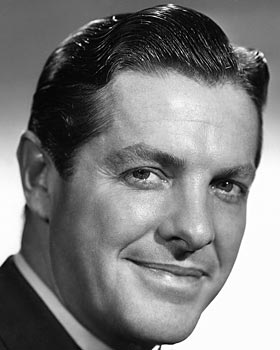
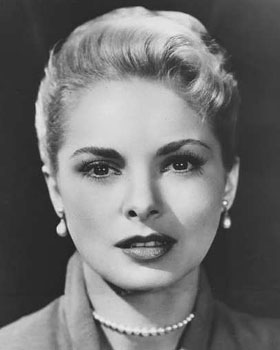
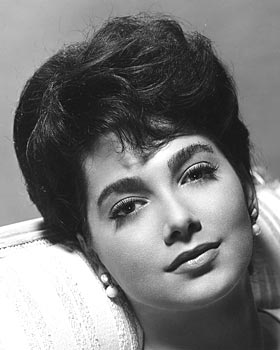
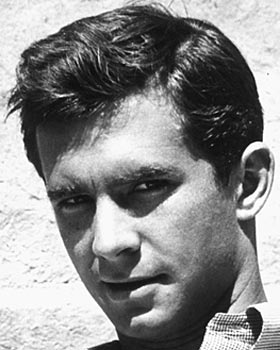
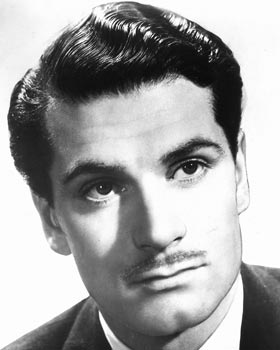
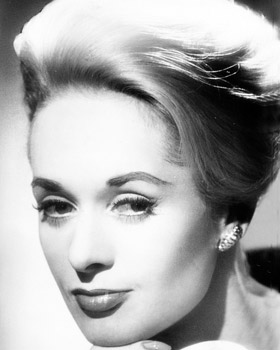
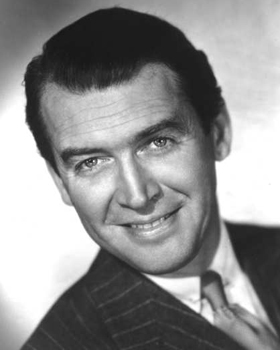
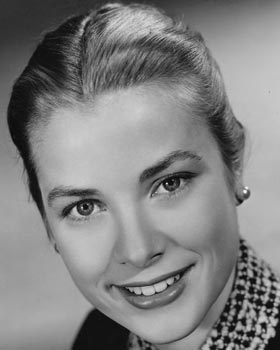
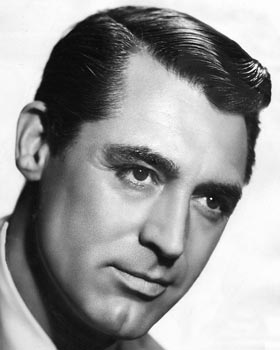
Two thoughts about Alfred Hitchcock
Share a thought about Alfred Hitchcock